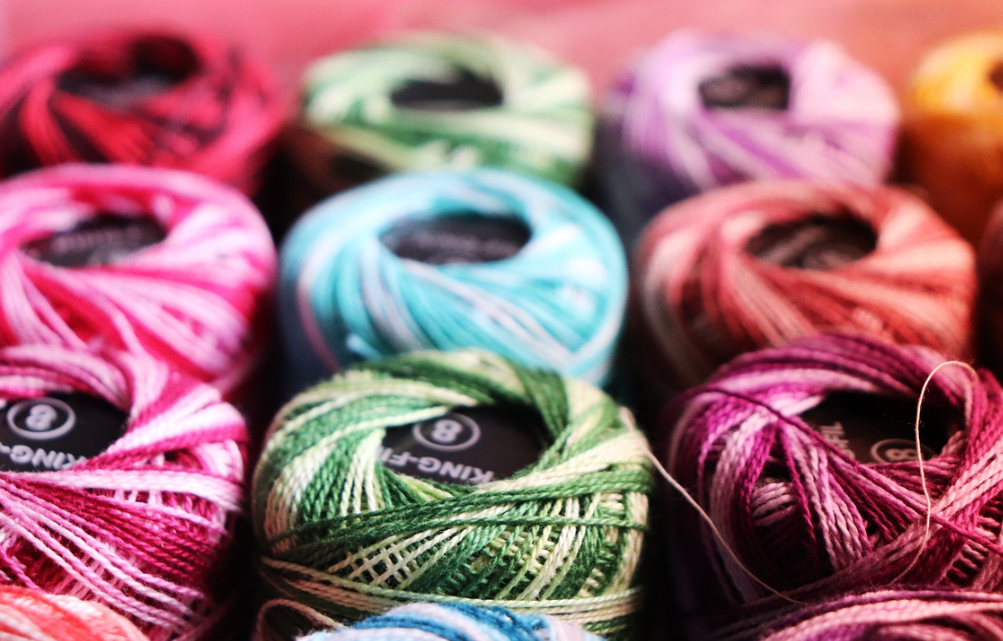Our collection
Find what you are looking for
Discover our premium and sustainable products collection.
If you want to add extra dimension and texture to your prints, then screen embossing printing is perfect! Whether you’re a seasoned printmaker or just starting out, embossing printing can add a unique touch to your designs, making them stand out.
It’s a printing technique that involves pressing a design into the paper or substrate, creating a raised, textured effect. This effect can be subtle or bold, depending on the depth of the impression and the material being used.
You’ll need a few critical materials to begin screen embossing printing. First, you’ll need a screen printing frame, mesh, and your chosen ink and substrate. You’ll also need a specialized embossing powder or paste, which is used to create the raised texture.
It’s time to start the printing procedure after you have your materials. First, apply the ink to the screen as you usually would, then place the substrate underneath. Next, spread the embossing powder or paste to the inked design evenly and thoroughly. Finally, you’ll apply pressure to the screen, pressing the design into the substrate and creating the embossed effect.
Here are a few essential tips when working with screen embossing printing. First, be sure to choose a substrate that can handle the pressure of the embossing process without tearing or wrinkling. You’ll also want to experiment with different levels of stress and depth to find the perfect embossed effect for your design.
Another great way to add even more texture to your embossing prints is to experiment with different embossing powders and pastes. Some materials, like metallic powders, can create a shiny, reflective effect that adds extra depth and dimension to your prints.
Now that we’ve covered the basics of screen embossing printing let’s take a quick trip down memory lane and explore the history of this unique printing technique.
Screen embossing printing has been used for centuries, with early versions reaching back to ancient China. In fact, some of the earliest known examples of screen printing were created using an embossing process, which involved pressing inked designs onto paper or fabric using stencils made from silk.
Over time, the technique spread throughout Asia. Eventually, it went to Europe, where it was used primarily for textile printing. In the 20th century, advancements in technology and the availability of new materials led to a surge in the popularity of screen printing, with artists and designers using the technique to create everything from fine art prints to commercial packaging.
Screen printing remains a popular technique for a wide range of applications, including clothing, signage, and graphic design. And while the process may have evolved over the years, the basic principles of screen embossing printing have remained the same – creating unique, tactile designs that stand out from the crowd.
So the next time you’re creating a print or design, why not try screen embossing printing? With some practice and experimentation, You can screen print any T-Shirt at Sartomy with your own customized design.
If you’re curious about the development of screen embossing printing and its methods, learn more on Leicester Print Workshop. The report delves into the origins of the technique and offers tips and best practices for creating successful embossed designs.
Now that we’ve explored the rich history of screen embossing printing let’s dive into a step-by-step guide to creating your own embossed prints.
Preparing your design is the first step in creating a screen embossing print. Depending on your preference, this can be done using various software programs or by hand. Remember that embossed designs should be relatively simple, with thick lines and bold shapes that will create a clear impression on the substrate.
Next, you must create your screen using a frame and mesh. Apply a stencil of your design to the mesh using a blocking agent, leaving only the areas you want to emboss exposed. This will create a raised surface on the substrate, while the regions blocked will remain flat.
Once your screen is prepared, it’s time to apply the ink and embossing powder. Apply a layer of ink to the screen and spread it evenly over the exposed areas. Then, sprinkle the embossing powder over the ink, covering all exposed areas thoroughly.
With the ink and embossing powder applied, it’s time to apply pressure to the screen. Place your substrate underneath the screen and use a squeegee to press the ink and powder into the substrate. Ensure to apply even pressure across the entire design, ensuring the powder is evenly distributed.
Once you’ve applied enough pressure, carefully remove the screen from the substrate. You should be left with a straightforward, embossed design that creates a raised texture on the substrate.
Finally, allow the ink and powder to dry entirely before finishing your print. Depending on your substrate and ink, you may need to heat set your pattern or apply a finishing spray to protect it from fading or smudging. Then, sit back and enjoy your beautiful, tactile embossed print!
You can create unique and eye-catching screen embossing prints with these simple steps. So grab your materials and get started – the possibilities are endless!
You can apply any screen printing designs on Sartomy’s Bottles, Shirts, or Bags.
At Sartomy, we are dedicated to creating beautiful and high-quality screen embossing prints that stand out from the crowd. Our skilled team of screen printers has mastered the craft with more than a decade of industry expertise, and we are dedicated to assisting our customers in realising their creative goals.
What sets Sartomy apart is our attention to detail and commitment to quality. We use the finest materials and the latest technology to create vibrant, durable, and tactile prints. And with our personalized approach to each project, we work closely with our clients to ensure their vision is brought to life as beautifully and effectively as possible.
Whether you’re looking for custom packaging, promotional items, or fine art prints, Sartomy has the expertise and creativity to help you achieve your goals. So why not reach us out today and see what we can create together?

Embroidery: a word that conjures up images of intricate patterns, vibrant threads, and a touch of elegance. But what exactly is embroidery, a…
Read more
Are you ready to take your printing game to the next level? Look no further than screen transfer printing! This technique is a fantastic way …
Read more
It’s that time of year again — when people exchange gifts and spread happiness! Additionally, if you’re in charge of selecting …
Read more